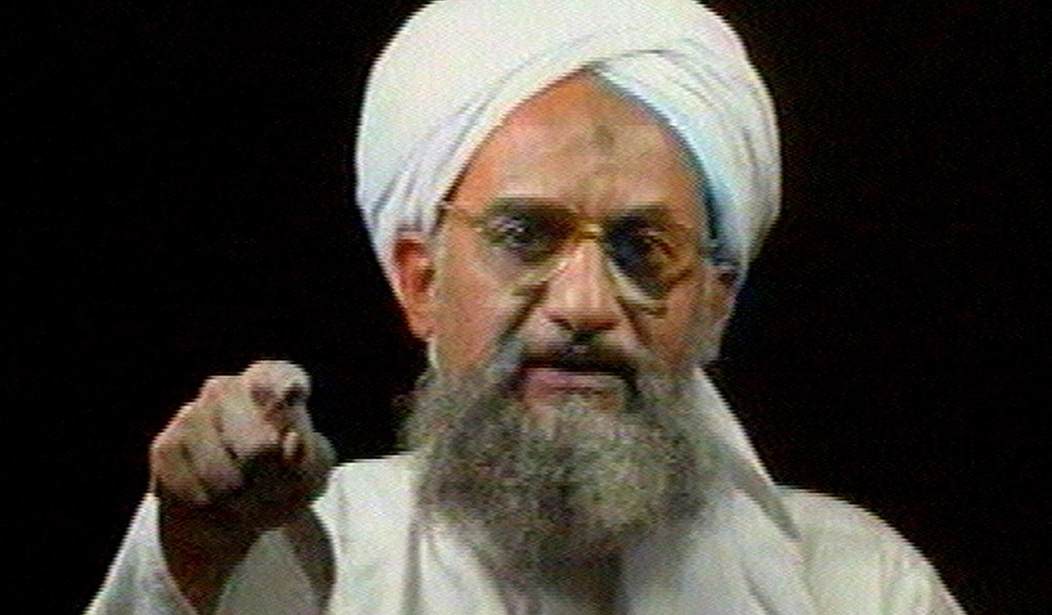South Korea -- North Korea: South and North Korea agreed on Monday, 3 February, to hold a working-level meeting this week to discuss resuming family reunions, Seoul's unification ministry announced.
"North Korea agreed to hold the inter-Korean Red Cross talks in the morning of Wednesday, 5 February, at the border village of Panmunjom."
Comment: North Korea's agreement to the talks is a delayed response to South Korea's proposal to resume the reunions at the Mount Kumgang resort in eastern North Korea between 17 and 22 February. The North's agreement statement contained no details or terms, which is suspicious.
A South Korean analytical commentary suggested that the North might intend to counter-propose a date that would correspond to the start of annual Allied joint exercises in South Korea, which will begin in late February and continue into April. In that analysis, the North would be setting up the South as the party unwilling to support national unification so as to justify another dramatic, last minute cancellation and cause the Park government to lose face.
Reinforcing that analysis, the North Korean ambassador to the United Kingdom told a British news service over the weekend that the military exercises "would gravely damage improved ties with the South and would jeopardize family reunions." He said the exercises "will make the situation tense and bring the situation to the brink of war."
This looks like another North Korean attempt to set-up the South Korean government as mishandling intra-Korean affairs. If so, it is a tiresome, shopworn, transparent tactic.
Recommended
China: A Chinese news outlet carried an item that purported to refute a Japanese news report that China intends to establish an air defense identification zone over the South China Sea and that planning began in May 2013.
"China on Saturday dismissed allegations by some Japanese reports that it is to set up an Air Defense Identification Zone (ADIZ) over the South China Sea and expressed optimism over the regional situation."
" 'In a general view, the Chinese side has yet to feel any air security threat from the ASEAN countries and is optimistic about its relations with the neighboring countries and the general situation in the South China Sea region,' Foreign Ministry Spokesman Hong Lei said in a press release Saturday."
"…Hong said the right-wing forces of Japan have repeatedly clamored about the alleged plan of China to set up an ADIZ over the South China Sea. He said this move is of ulterior motive and simply aimed to shift international attention from and cover up the plot to change Japan's pacifist constitution and expand its military power (sic)."
"'We sternly warned these forces not to mislead public opinions with rumors and play up tensions for their own selfish benefit,' Hong said.'
Comment: A careful review of Chinese statements last year about establishing these zones discloses an unambiguous intention to establish additional zones as necessary and when careful preparations are complete. China's dismissal of the Japanese reports is not a denial of intent, only of timing. It also is not an accurate statement of China's analysis of the threat from Southeast Asian air forces.
It simply restates that China claims to perceive no threat at this time. In other words, the Foreign Ministry spokesman affirmed China's right to establish a zone, just not yet. It also ignores or deliberately insults the capabilities of Vietnam and other nations to provide air cover for their South China Sea claims.
Effective air defense coverage of the South China Sea is a daunting technological, surveillance and military capabilities challenge for any nation. China has not declared an ADIZ over the South China Sea because it can't enforce it. It has even less capability to enforce and ADIZ there than it does over the East China Sea.
Japan Air Self-Defense Forces and the South Korean air force ignore China's ADIZ at will. The East China Sea ADIZ resulted in a loss of face for China before several of the most capable air forces in the world.
Thailand: In the 2 February general election, opposition activists prevented voting in 11% of the electoral districts, making it impossible to tally final results, according to Supachai Somcharoen, chairman of the country's Election Commission. Authorities have provided no estimate of the election outcome. For now, Prime Minister Yingluck Shinawatra continues as interim head of government.
Meanwhile, the opposition has resumed anti-government marches with the stated intention of negating the election.
Comment: Prime Minister Yingluck's party almost certainly won the election, which explains the opposition's efforts to prevent a valid election. It failed, but still defies the will of the electorate.
The political events in Thailand are extraordinary in that the opposition prefers an appointed government over an elected parliament, making no pretense to represent a majority of Thai voters. That means money and power are more important to the opposition than elected, representative government. The only interests with the money, power and hubris to wage a struggle in defiance of Thai democracy are factions in the royal family.
Syria: In a statement released on 2 February, al-Qaida central denounced the Syrian franchise jihadist group known as the Islamic State of Iraq and the Levant (ISIL). "Al-Qaida announces it is not linked to the Islamic State of Iraq and the Levant, as it was not informed of its creation... and did not accept it." ISIL "is not a branch of Al-Qaeda, has no links to it, and the (Al-Qaeda) group is not responsible for its acts," the statement said.
Comment: The denial of affiliation is the logical sequel to prior statements by al-Qaida chief Ayman al-Zawahiri in which he ordered ISIL to withdraw from Syria, confine itself to Iraq and designated the Al-Nusrah Front, as al-Qaida's official Syrian affiliate. ISIL has refused to obey al-Zawahiri.
ISIL's goal has been to unite Iraq, Syria and Lebanon into a large emirate. To accomplish this, it has waged war against other groups in Syria that also are trying to topple the Asad government in order to dominate the fight.
One insightful analytical commentary today asserted that Asad will never be overthrown as long as ISIL fights in Syria. That idea prompted others to judge that Asad supports ISIL because its operations serve to strengthen the Asad government.
The key question for which no answer exists in open source materials is who is paying for the ISIL fighters and operations in Syria. Sunday's statement makes clear that it is not any agent of Zawahiri.
On the other hand, ISIL's operations do not seem to be diminished by the denial of affiliation with al-Qaida. The domain of the jihadist terrorists continues to evolve.
Russia -- Ukraine: Russia urged Ukrainian opposition leaders to end their campaign of "ultimatums and threats" and to engage in negotiations with the government.
Russia's foreign ministry said Moscow was concerned by activists' attempts to "inflame" the situation. "We expect the opposition in Ukraine to avoid threats and ultimatums and step up dialogue with the authorities in order to finding a constitutional way out of the country's deep crisis," the foreign ministry said.
Comment: This is the strongest statement the Russians have made about the instability in Ukraine. It is significant for its omission of any words of support for the Yanukovych government in Ukraine, even obliquely.
Ukraine: For the record. The big news from Kiev today is that President Yanukovych returned to work after four days of sick leave.
Comment: The timing of Yanukovych's return relative to the Russian statement raises a suspicion that Yanukovych might have traveled to Moscow to request a statement of support.
The Russians know Yanukovych, especially his propensity to mishandle unstable situations. When Victor Yushchenko was President and supported pro-Western interests, the Russians blamed Yanukovych's heavy-handed tactics for backfiring. As a result, they are not attached to him, but they do want stability in Ukraine and to prevent a resurgence of neo-Nazi nationalism.
South Sudan: South Sudan's former vice president said he has formed a "resistance" group that will fight the government to ensure democracy and good governance.
"We decided to organize a resistance against the regime," Machar told a news service. "So, yes, if you heard troops in Upper Nile, in Jonglei, in Unity States, in Equatoria saying what I am saying, yes, we are now an organized resistance against the regime," said Machar.
The resistance group, called the SPLM/SPLA -- an amalgam of the name of the ruling Sudan People's Liberation Movement (SPLM) and the South Sudanese army -- wants to see democracy, pluralism, free elections and good governance take hold in South Sudan, Machar said.
Comment: Machar appears to be abandoning the 23 January ceasefire deal. His new resistance movement portends more violence and further encumbers South Sudan's prospects for stability and prosperity.
End of NightWatch
###
NightWatch is brought to readers of Townhall Finance by Kforce Government Solutions, Inc. (KGS), a leader in government problem-solving, Data Confidence® and intelligence. Views and opinions expressed in NightWatch are solely those of the author, and do not necessarily represent those of KGS, its management, or affiliates.
A Member of AFCEA International

























Join the conversation as a VIP Member